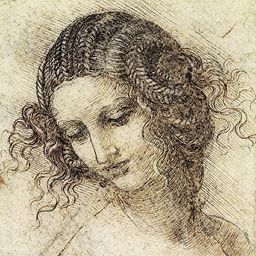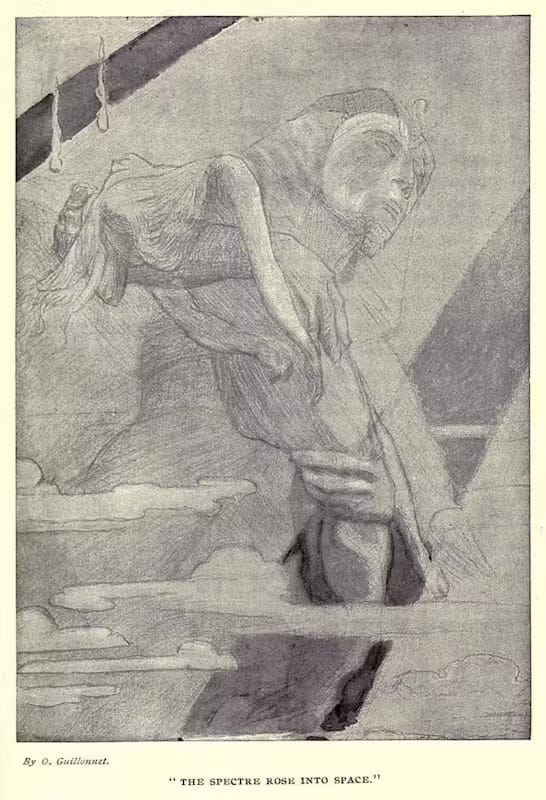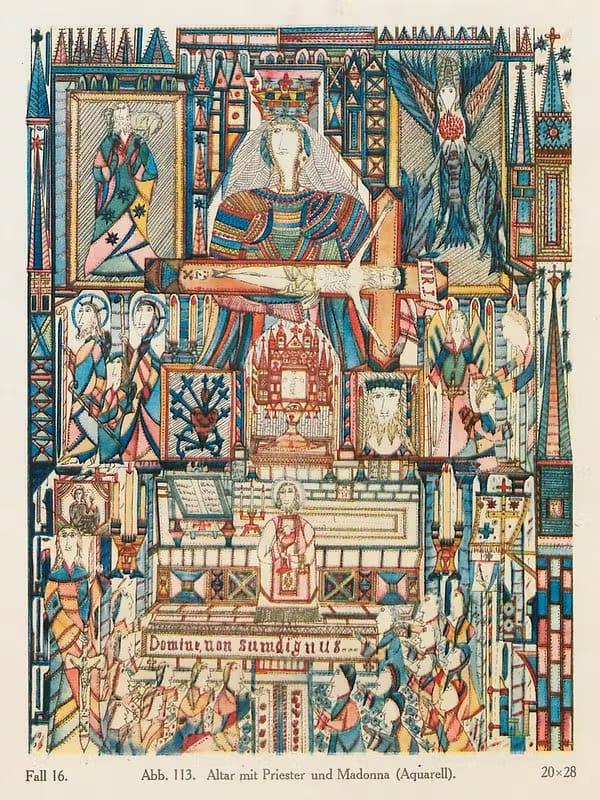Issue 51: Your Art or Your Life
Why a Personal Domain is your Domain
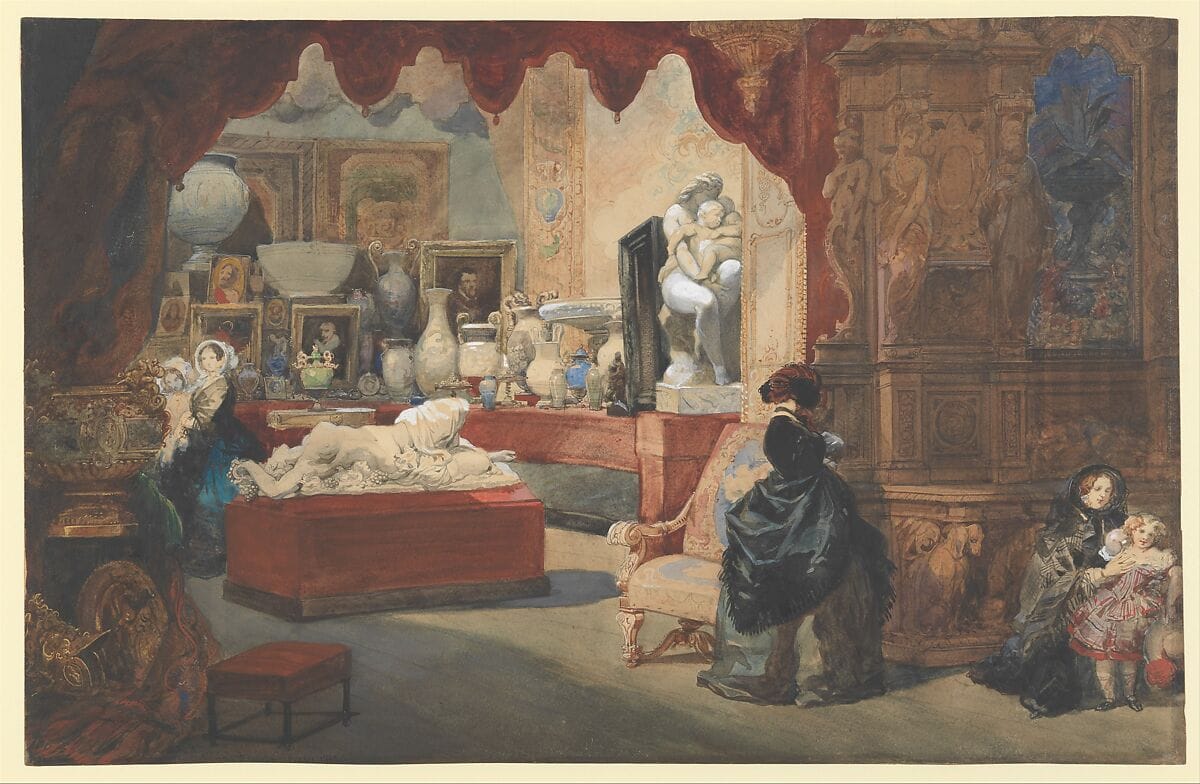
Part I: Reset Your Social Media Annually
Part II: Your Art or Your Life (you are here)
ft Quo-Host
Audio
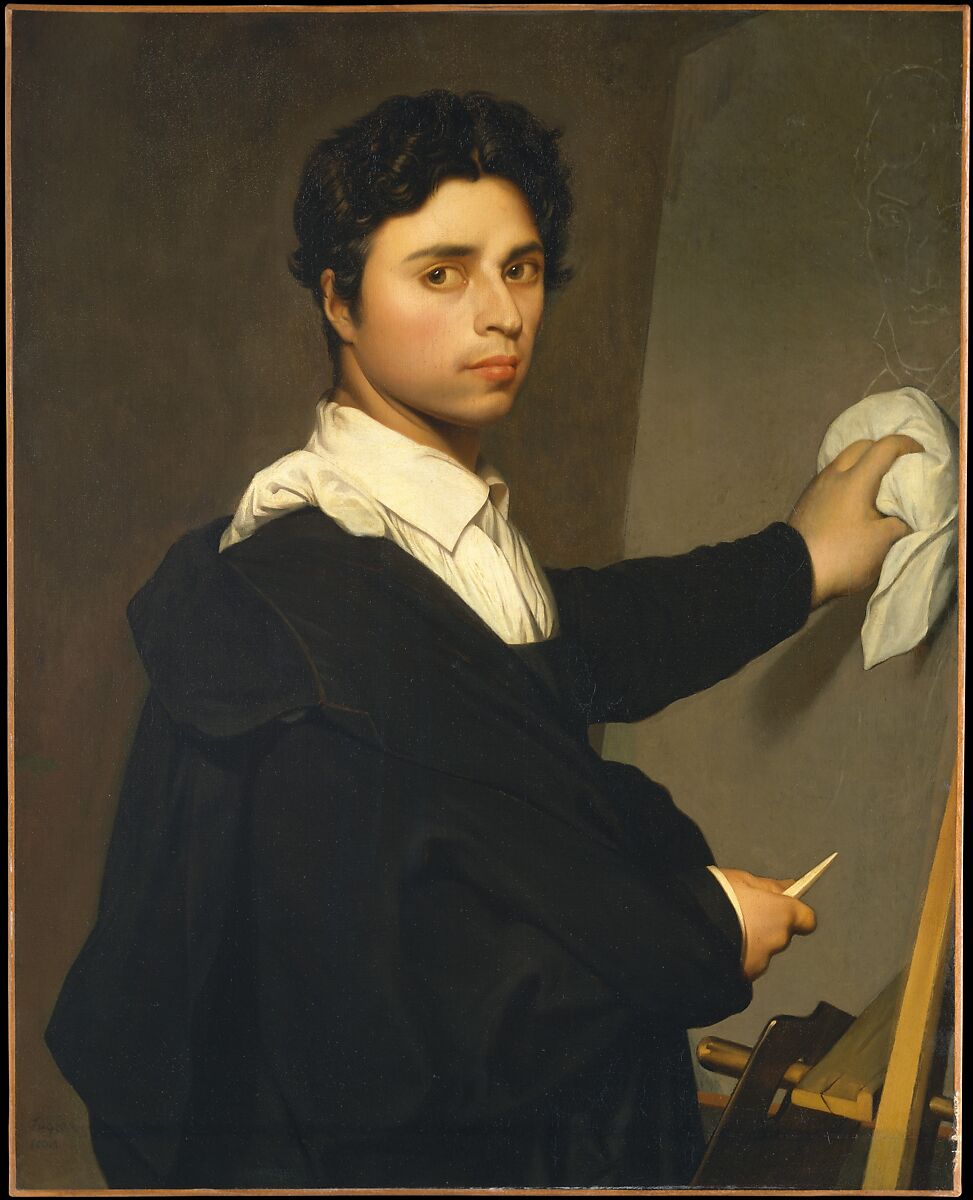
Dear Reader,
Food For Thought
In the last issue, I made the case that the widely-discussed-but-never-acted-upon suffering of social media is caused by a saturation point that we have long past by avoiding acknowledging the sunk cost fallacies of our "profiles". I claimed that the remedy for this supersaturated state is to "hit the reset button", to download the data and restart your digital profile's existence (or delete it all together!).
The inspiration for that issue ironically came from the one you are reading right now, the issue posted after. I had been meditating on the value of craft, art, business, and human creativity in the era of "content creation schedules". The seed of last issue's craft argument was that if you are truly good at what you do and have a strong base of self-esteem, deleting your profile should be an overall good thing for your craft, as it will allow you to prove it wasn't luck that got you to success in the first place.
Specifically, I had been trying to divine the value of effort being put into a personal website. After all, time is limited and everything we do has an expiration date. Surely, there must be a more effective use of one's time, yes?
The answers I found in this process took me from the caves of Lascaux, to the Twitter page of Mr. Beast.
Following is a short journey into incentive structure, motivation, and finding what it means to be an artist.
Let's start in 1905.
The Modern W.J. Dawson
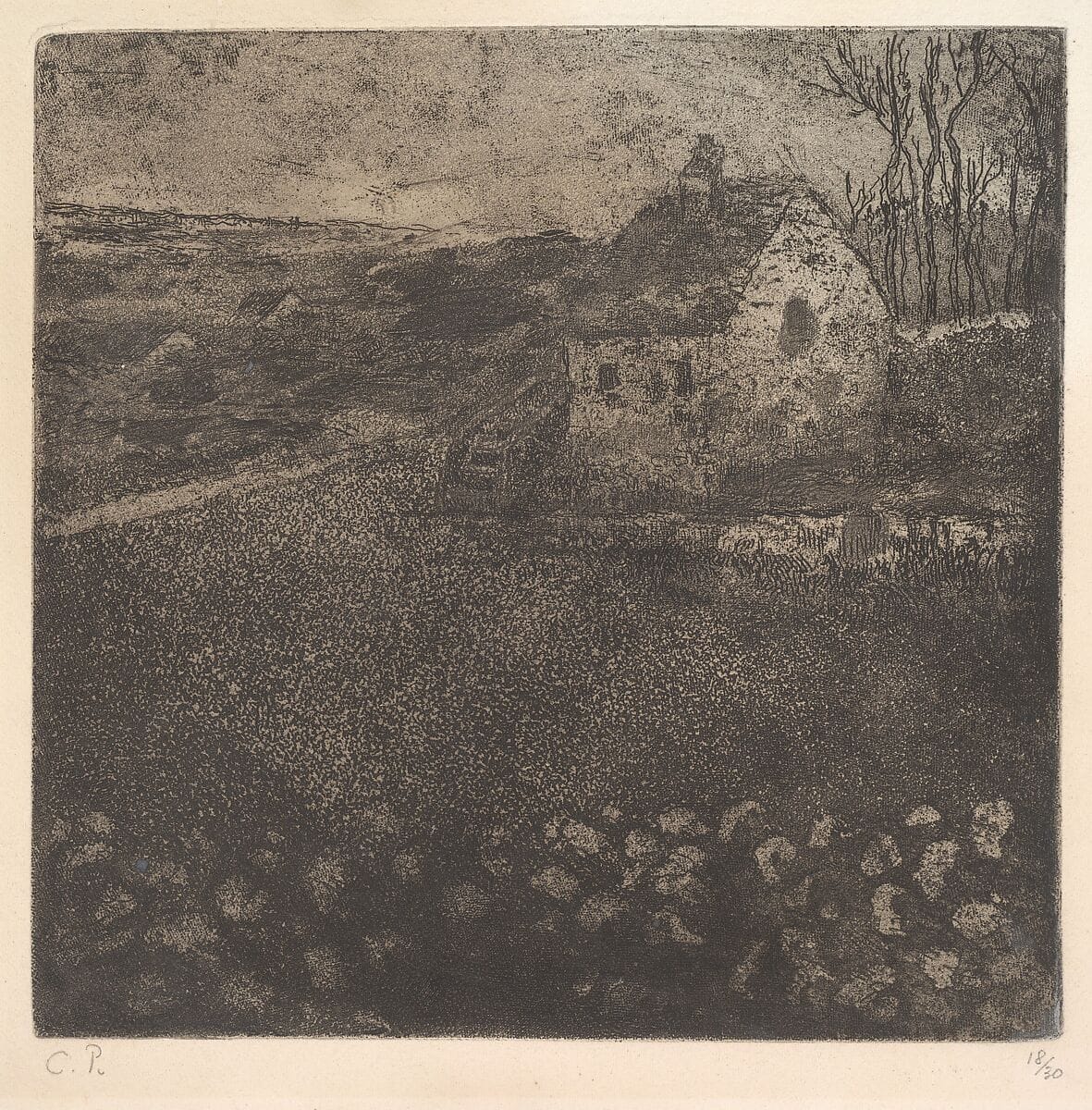
In the first decade of the 20th century, writer W.J. Dawson found a cottage to live in.
Dawson spent the beginning of his career in London as a salaryman, and began to tire of the hypocrisies of urbanity and industrialization. He was disgruntled with how mundane life had become under the thumb of his employer, the noise of his crowded London neighborhood and his neighbors in his posh flat, and most critically, his desires to have novelty and beauty in life.
As a response, he began to plan his flight into the "wilderness", to buy a small plot of land where he could tire his body and mind with farm work during the days, and literature during the evenings.
Dawson's book starts out very practical as he describes his journey in finding a place for his family to live, including some failures in the process of finding the right place to call home. He also addresses some of the finer points of homesteading and enjoying time in nature.
The second half of the book is much more philosophical, and discusses in length what it means to "do good" as Dawson verbally spars with an urban friend of his about what man owes his fellow man. The root of the argument was as follows: is it malicious to the downtrodden to opt out from the city life and flee to the hills?
I open this issue with the story of Dawson because I think there are many parallels in the era of our digital lives. The "Londons" of the web are the sites that traffic millions of users daily (social media), and personal websites function like a cottage in the countryside. In London, you may interface with thousands of people a day, including famous people and big wigs! On the other hand, as a cottage owner, you know people may occasionally drive by and appreciate the petunias you've planted in the front yard, but your day to day experience will largely be a solitary endeavor. And you'll never see Timothee Chalamet or Zendaya walking around your trellis, that's for sure.
As such, we cottage owners must find a different incentive structure, one that can withstand the empirical scrutiny of "meaning".
I can think of no better place to argue this from than art.
This quote from Rick Rubin's The Creative Act transitions us nicely from domicile to the creative domain.
Imagine going to live on a mountaintop by yourself, forever. You build a home that no one will ever visit. Still, you invest the time and effort to shape the space in which you’ll spend your days. The wood, the plates, the pillows—all magnificent. Curated to your taste. This is the essence of great art. We make it for no other purpose than creating our version of the beautiful, bringing all of ourself to every project, whatever its parameters and constraints. Consider it an offering, a devotional act. We do the best, as we see the best—with our own taste. No one else’s. We create our art so we may inhabit it ourselves.
Your Art
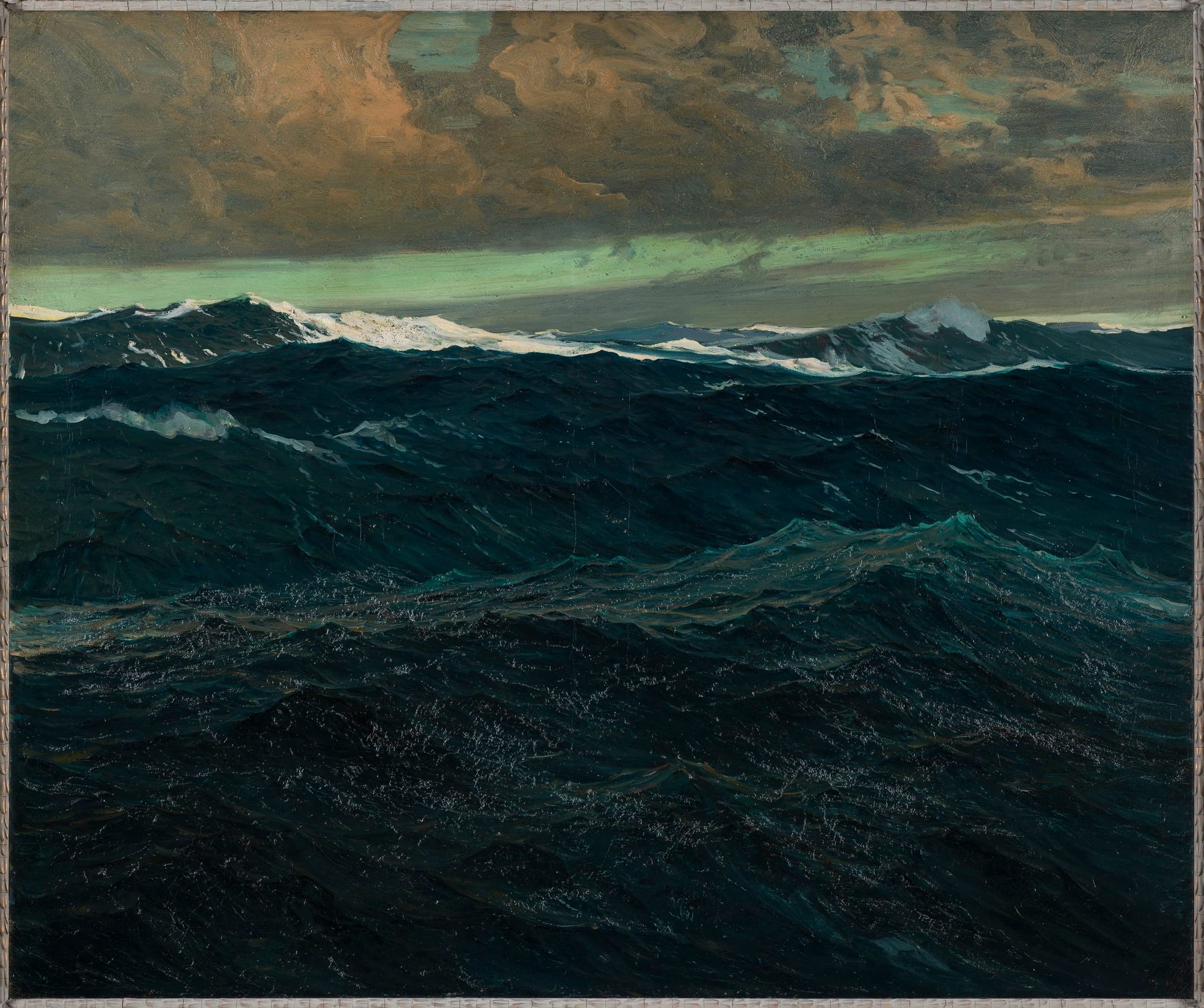
Art is unique. You can go anywhere in the universe and see a sky filled with countless stars, magnificent purple sunsets, infinitely vast oceans, tundras, snow-capped mountains and lakes of fire. You can breathe any number of gases, or see magnificent storms that will literally blow your socks off. Hell, you can even see multiple suns in the sky at the same time! These events and phenomena are all exceedingly commonplace.
But as far as our modern knowledge reaches, there is only one place and time you can experience art. Here on Earth. In the era of the Holocene.
In other words, there are few things more rare in the universe than your favorite book.
In its truest form, art resists any attempt at summarization. Art can be multiple things to someone, or one thing to many. The highest compliment an artist who has mastered their craft can receive is: "I love this work, but I struggle to define it, so I tell my friends they have to see it themselves and decide."
Even the earliest art mankind produced was done as an offering of sorts, a gift to the Muse that lives in your head. The artist who is in the flow state feels compelled, pushed, pulled, prodded, as if their art is a geyser bursting from pressure built up under the surface. The scream of art is to lash out onto the canvas and tear away at it in our own image.
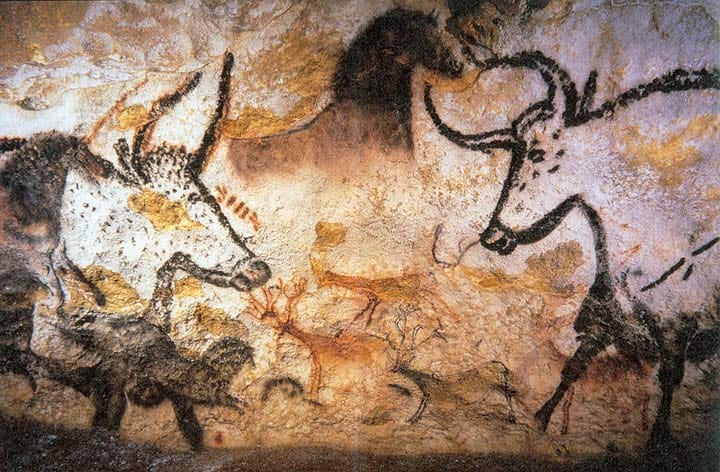
Because of this process of (un)intentional creation, any work of art is both standalone and forever related to the context in which it came from. The ceiling of the Sistine Chapel is beautiful, but a wallpaper-version-perfect-copy on the ceiling of a Golden Corral by the strip mall ruins the point. All art has an internal message that the creator was trying to explain to themselves first (and others, second) and a relationship with the messaging of its immediate surroundings.
On a personal site, every post, everything that fits conveniently under a slug URL, is an art piece. Each is a standalone piece of media that can live many different lives in many different contexts.
Consumers of art presume that a single particular art piece defines an artist, perhaps their masterpiece, but this is not the case. An artist is constantly swimming through the stream of their art. There is no finish line. Every piece merely craves completion so it can make space for the next piece. The duty of an artist is to move. Just move. Just don't drown in the deluge of creativity.
Your Gallery
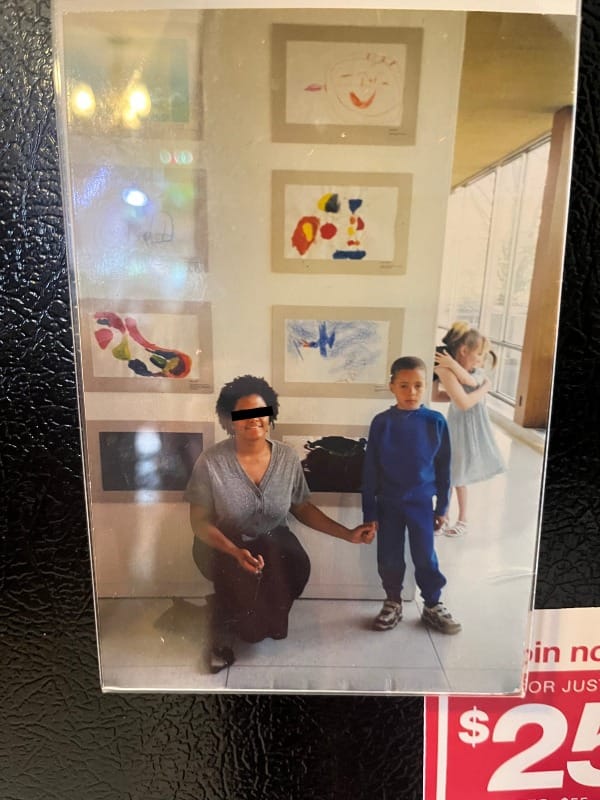
Mr. Beast didn't make his art successful. We did. On the platform that is known as YouTube, Mr. Beast is oxygen.
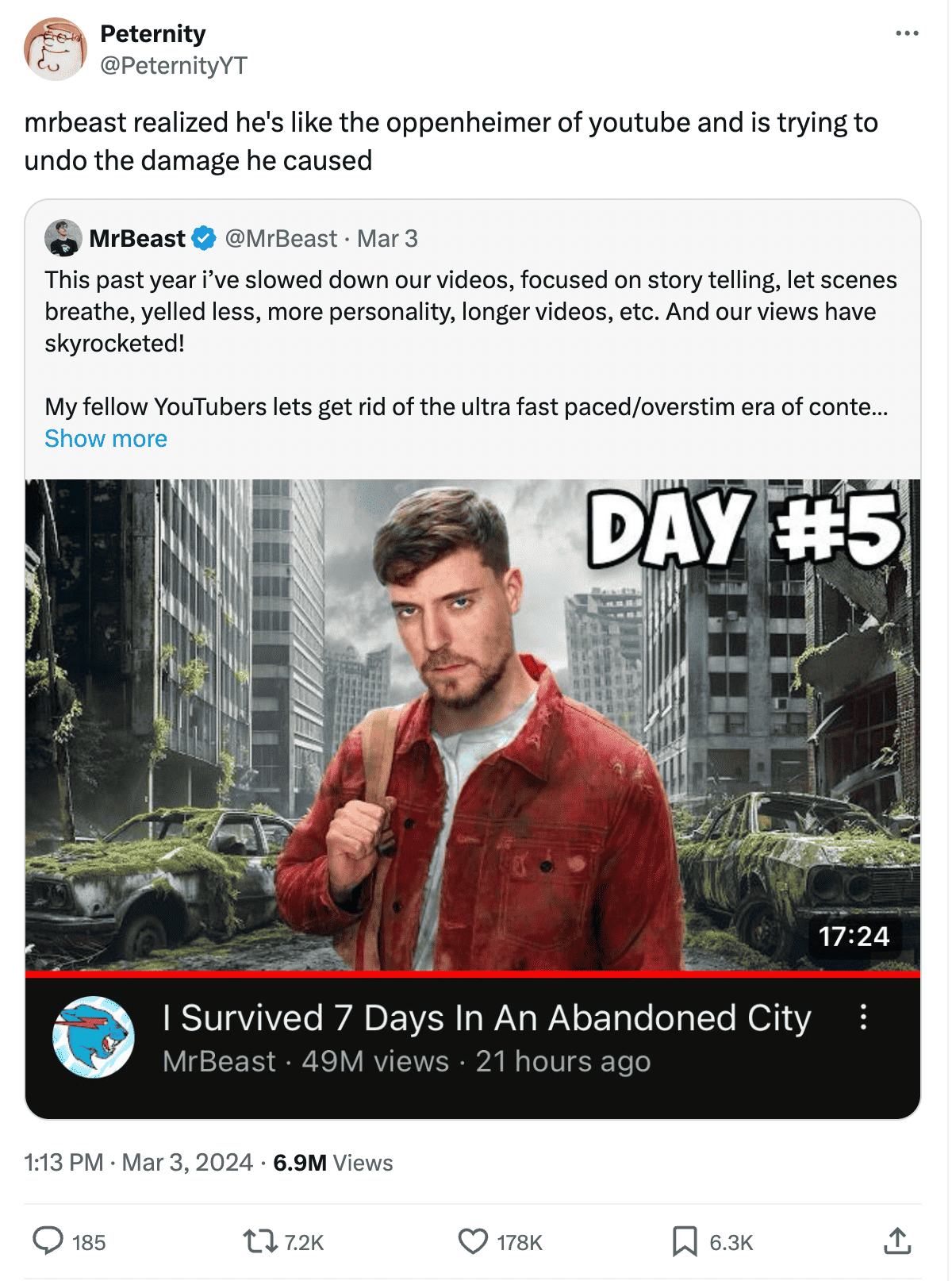
The success of Mr. Beast has caused many downstream effects, many clones, and in some weird coincidence, even more creators discussing the clones. The platform itself imposes its messaging, its voice, its ouvré onto those who live and create inside its borders.
But.
Success is relative, and few of us ever become larger than the name we were born into. It is very impressive, the capacity of a human name. Imagine the most important person you know. Isn't it strange how all their deeds in life fit cleanly into their first and last name? How big is a name, really?
In the era of TikTok influencers, many creators have struggled to move their audiences off platform. This is because their voice, whether or not they realize it, is edited by the community they post in. They are the Internet version a Londoner. Or a Tokyoite. Or a Chicagoan. If you leave, you have to find a new niche. You can learn more about this problem from Hank Green's Creator Problem video.
To own your domain is to own the platform which follows your evolution as a creative. The domain you create in becomes the voice. The conversation emerges from the art you've created over time, and as you change, the platform changes. In this framing, the website itself becomes a meta art piece of sorts, always whole, but created from many different parts (the human body is also like this: you were whole as a baby, and whole as an adult, despite the obvious differences between the two states of being).
Your Life
I titled this issue "Your Art or Your Life" because, there is no difference, in my mind. The experience of "life" is merely paying attention. Your expectations of what you hope your life might be might differ from your reality, but what you experience, what you're experiencing, and what you will experience is the sum total of you.
It follows that any art you produce, intentionally or unintentionally, is a byproduct of moving through the world, taking action and trying to distill the concept of your experience, of who you think you are at that moment in time, into a medium you can tell yourself and others about (movies, music, art, code, dance,...).
Indeed, a personal website, consistently maintained, is not one, but both, the gallery and the art piece. A home in the woods, where you find your artistic voice by listening to the silence.
You cannot flag and you must not stop. You must work on your site with fervor, while also allowing it to grow and die slowly as the years creep by. It must breathe with you, be born with you and perish with you. You must create with the seasons of your life, to follow the voice in your head wherever it may lead.
In sum:
In the first decade of the 20th century, writer W.J. Dawson found a cottage to live in.
And in the third decade of the 21st century, writer Bram Adams found a domain to create in.
Drop by next week for issue #52, a special anniversary edition of the newsletter! I'll be reflecting on newsletter-ing for a year straight, and discuss my plans for year two of the newsletter.
Ye Olde Newsstand - Weekly Updates
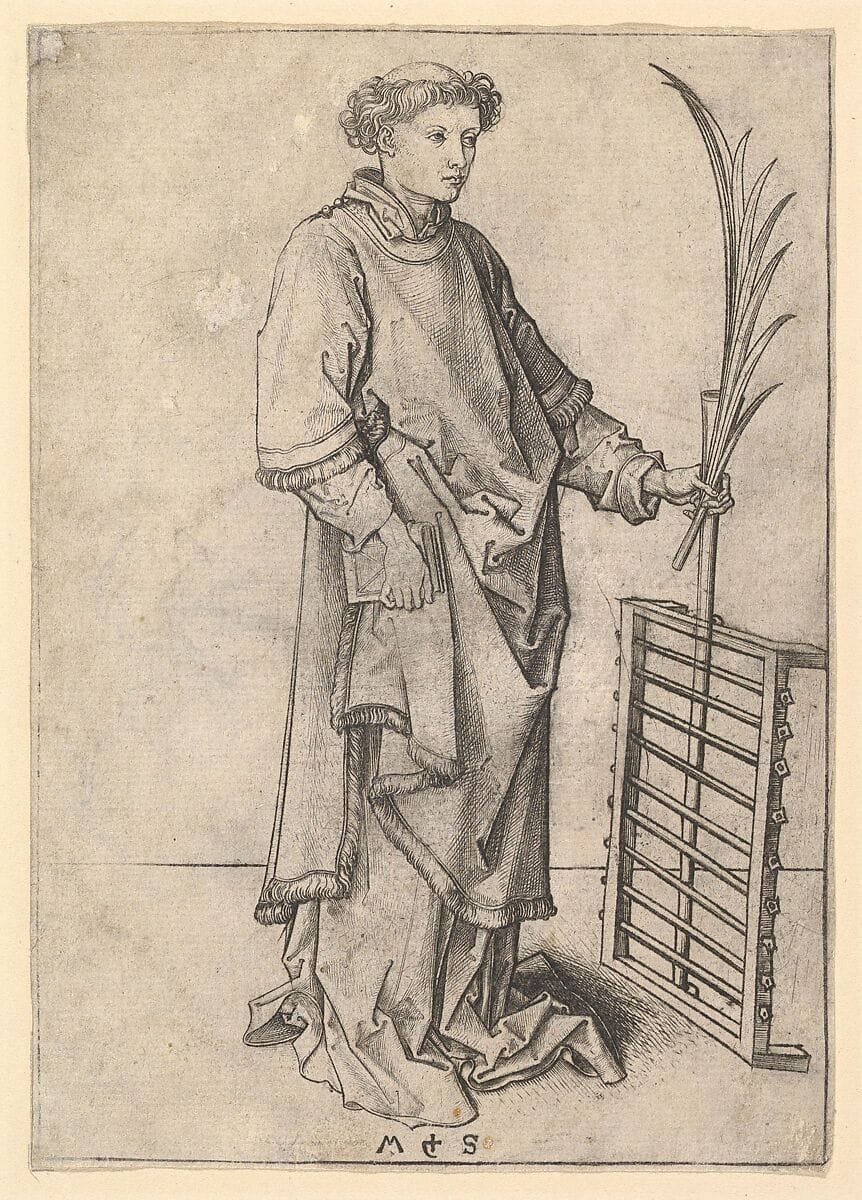
media dump for the week
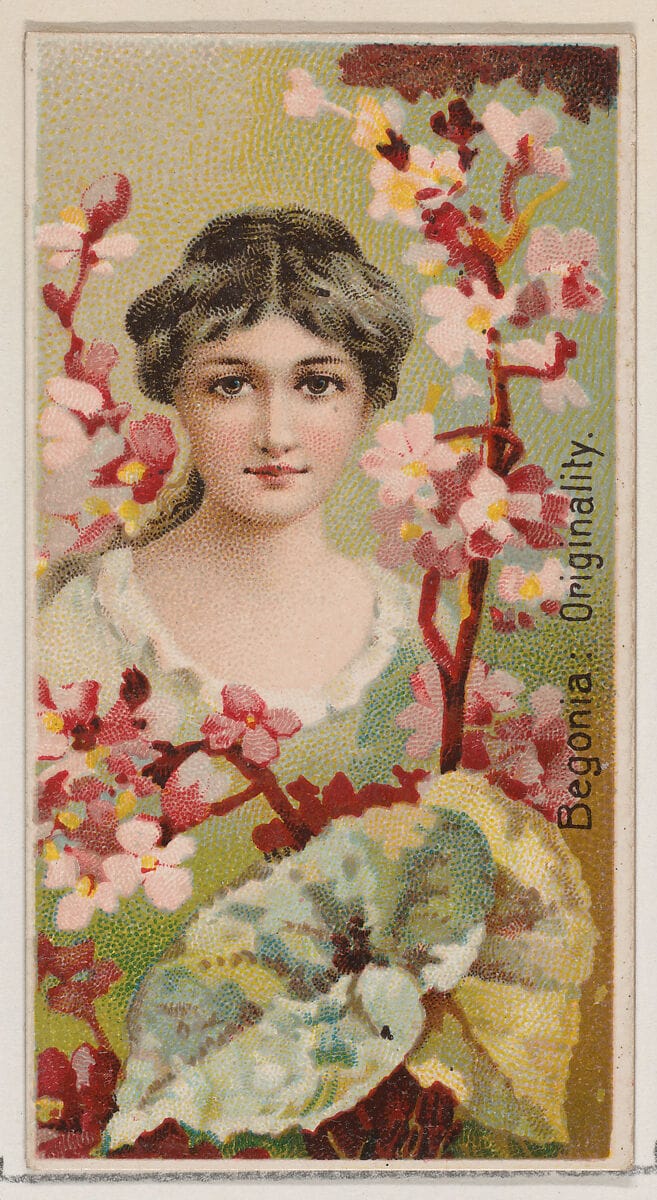
the first beta episode of the podcast! excited to explore this format
On My Nightstand - What I'm Reading
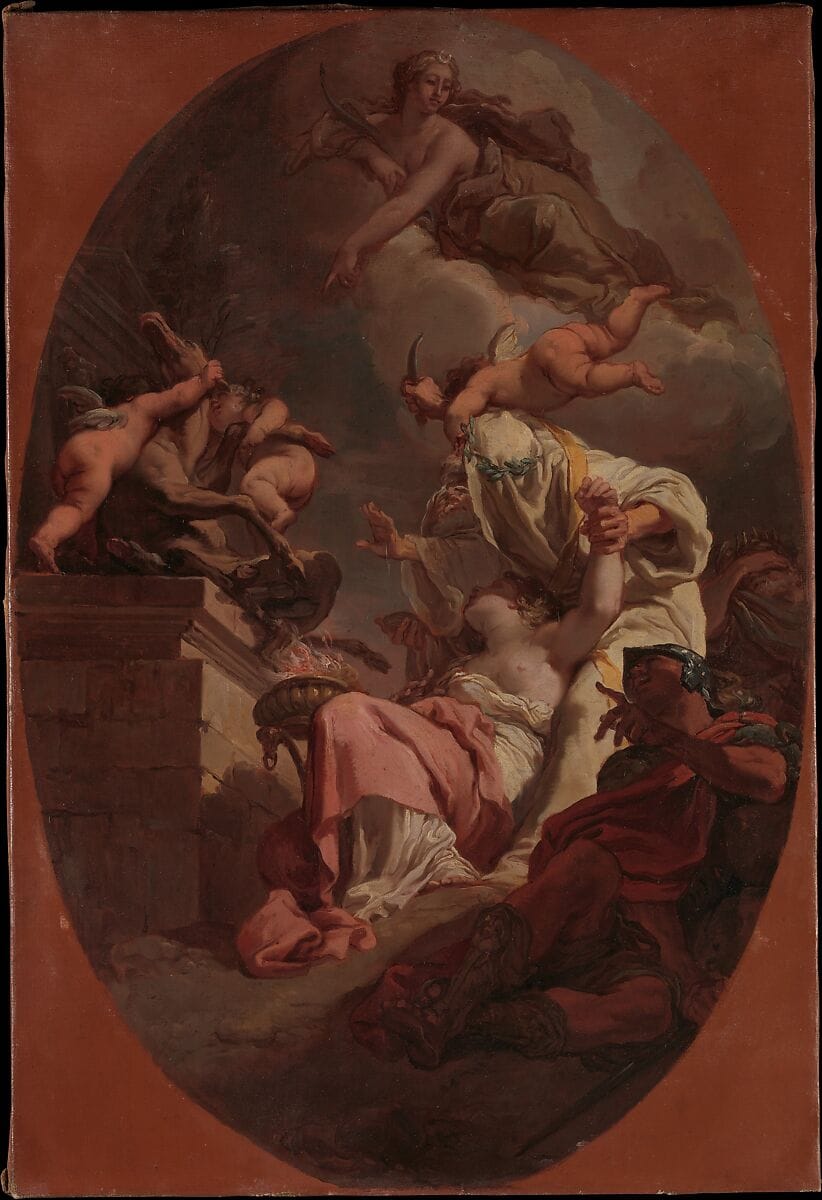
the trials and tribulations of an achievement society
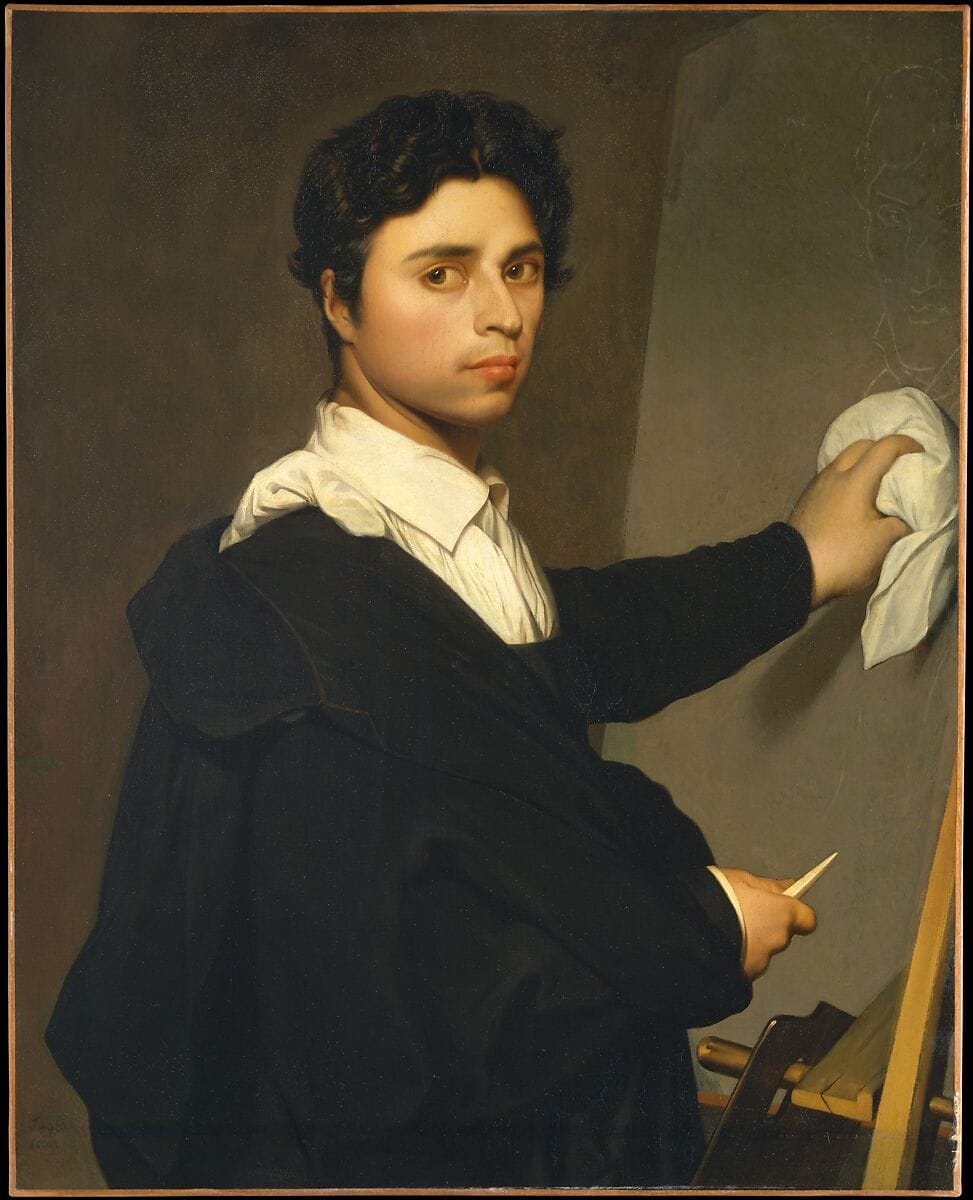
this book was quoted in this very issue!
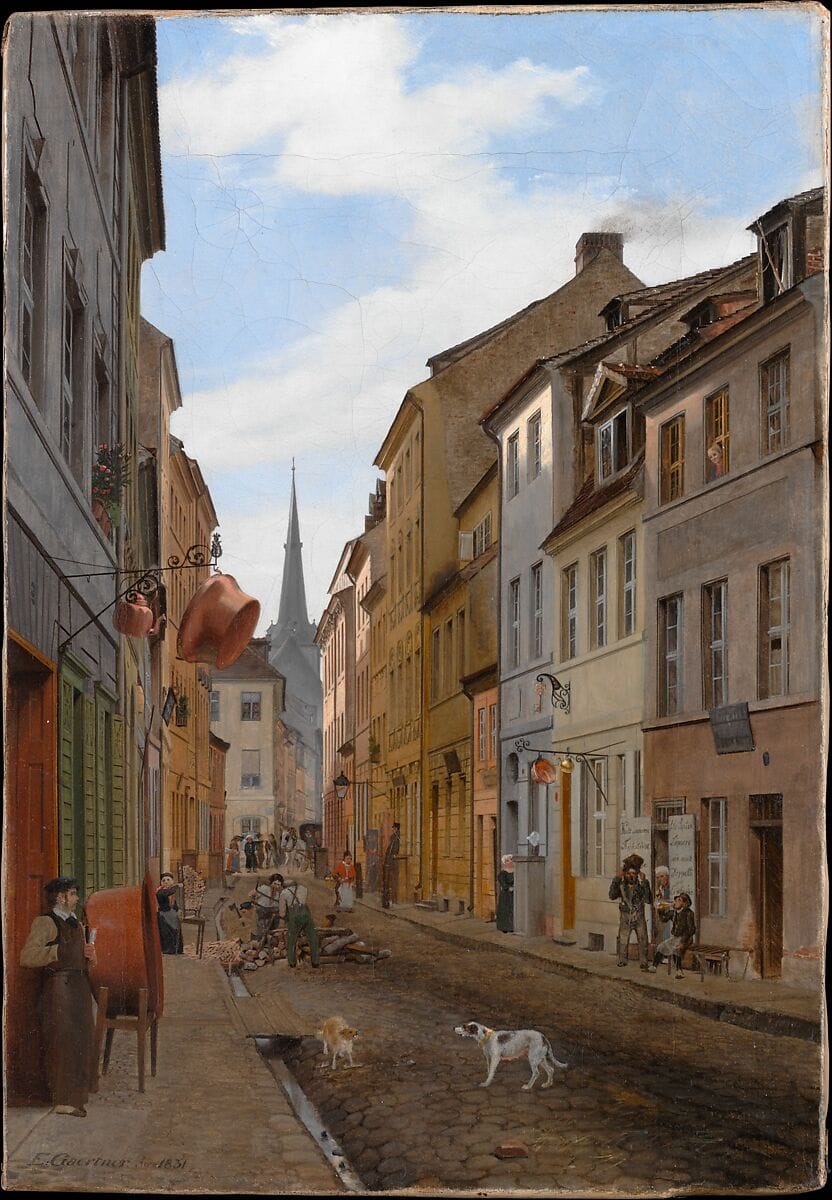
what would you do to stand up for what someone else believes in?
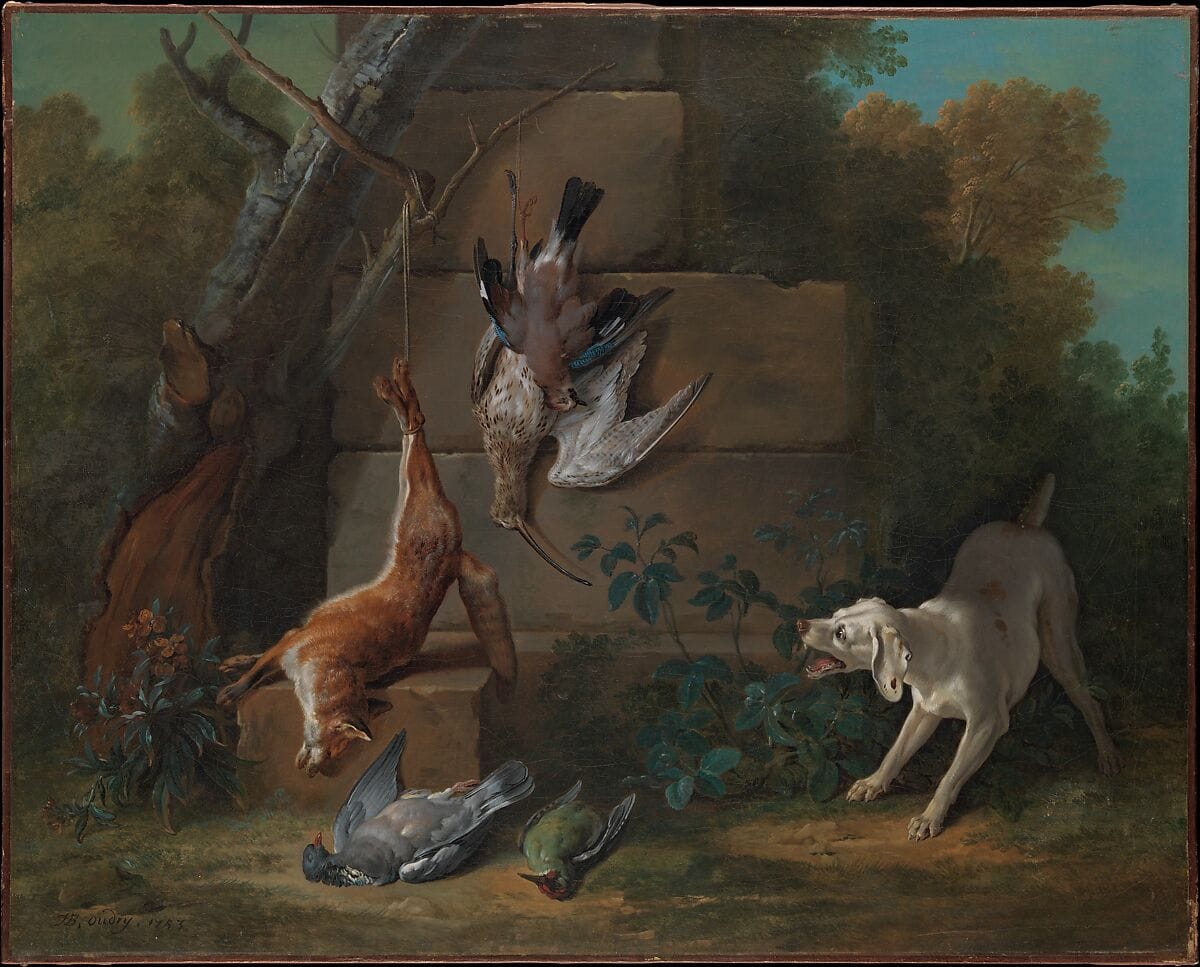
come down from thy ivory tower and throw rocks into the pond with me
Thanks for reading, and see you next Sunday!
ars longa, vita brevis,
Bram

